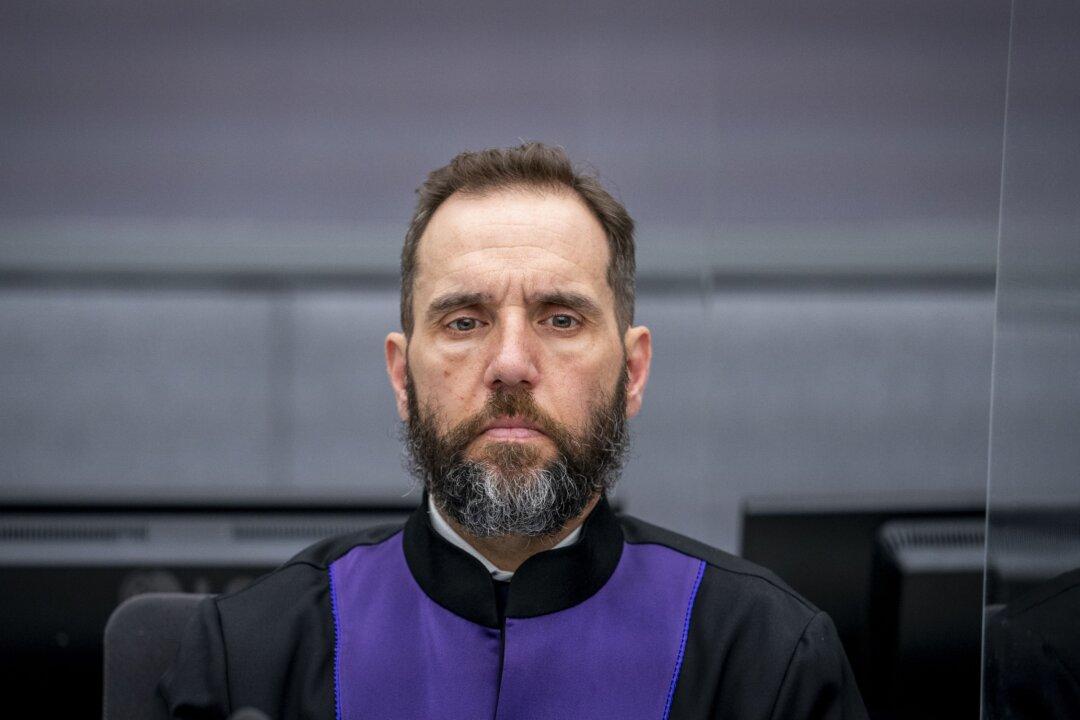Newly appointed special counsel Jack Smith, in a Nov. 24 letter to a federal appeals court, challenged an assertion by lawyers for former President Donald Trump in a classified-documents case.
It was Smith’s first public move since being tasked with leading the investigation into whether the former president violated the Espionage Act and other federal laws with Trump’s handling of certain records, including records with classified markings.





